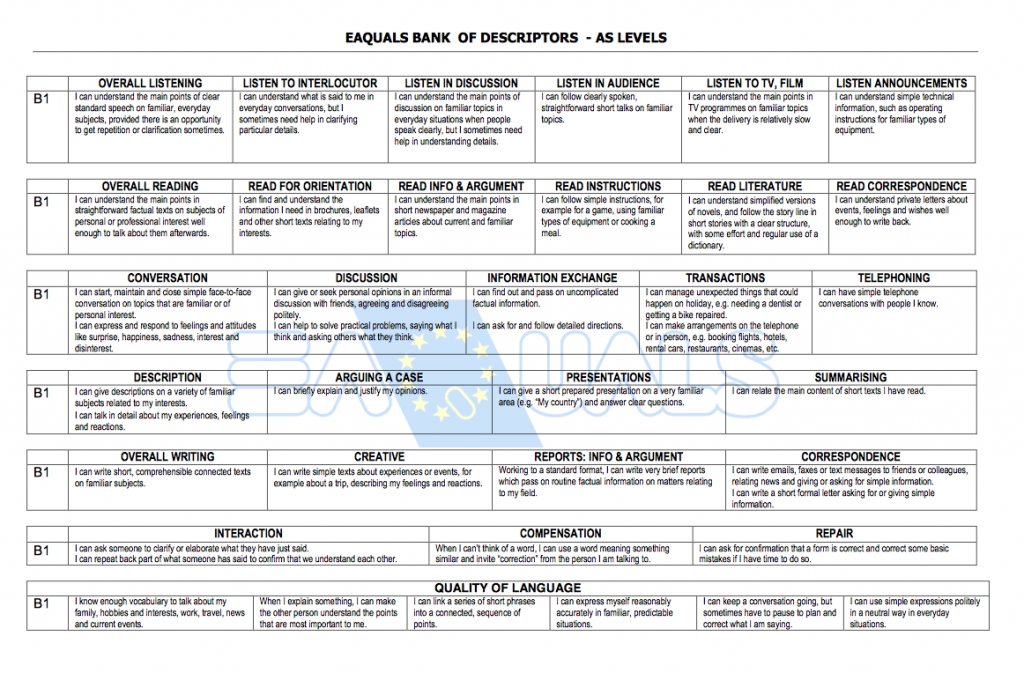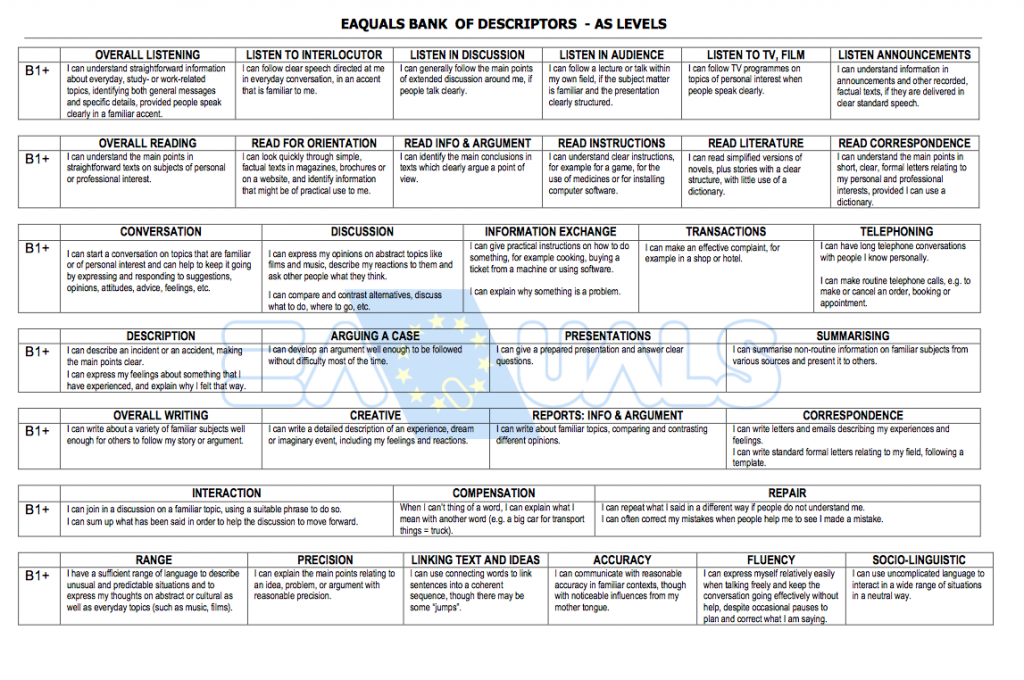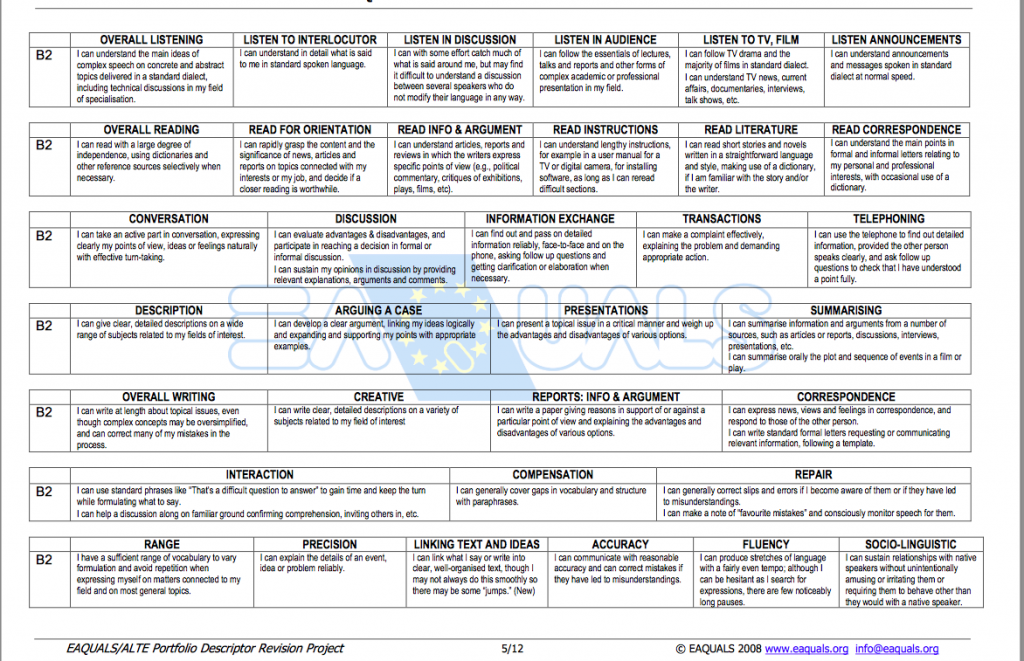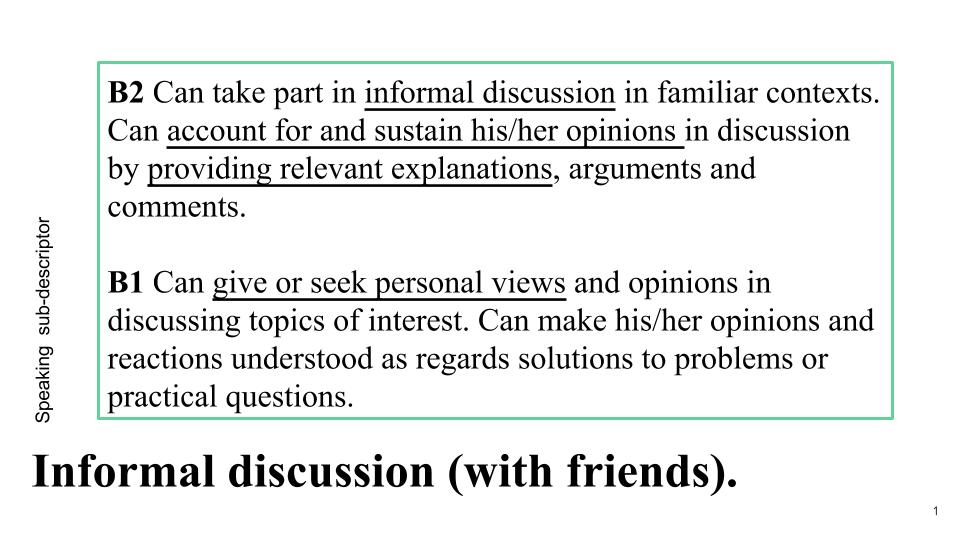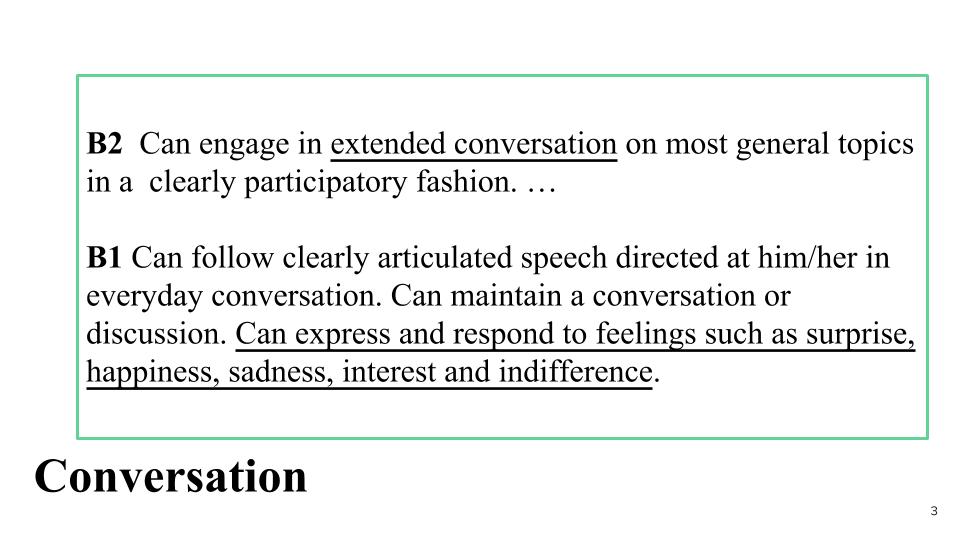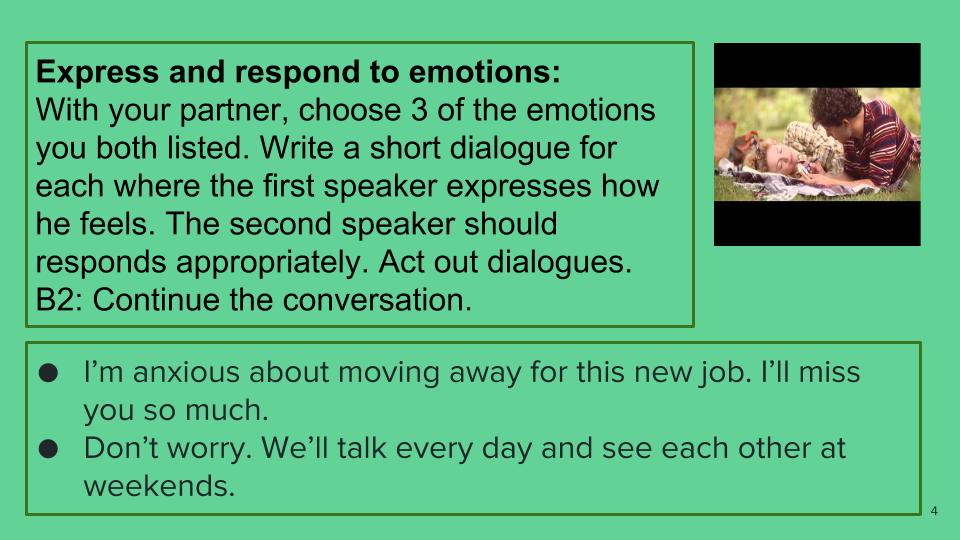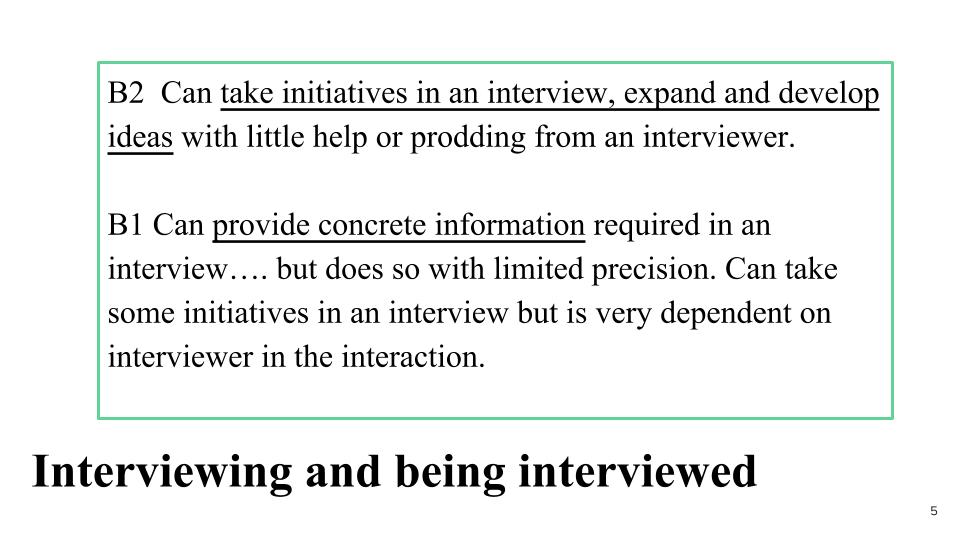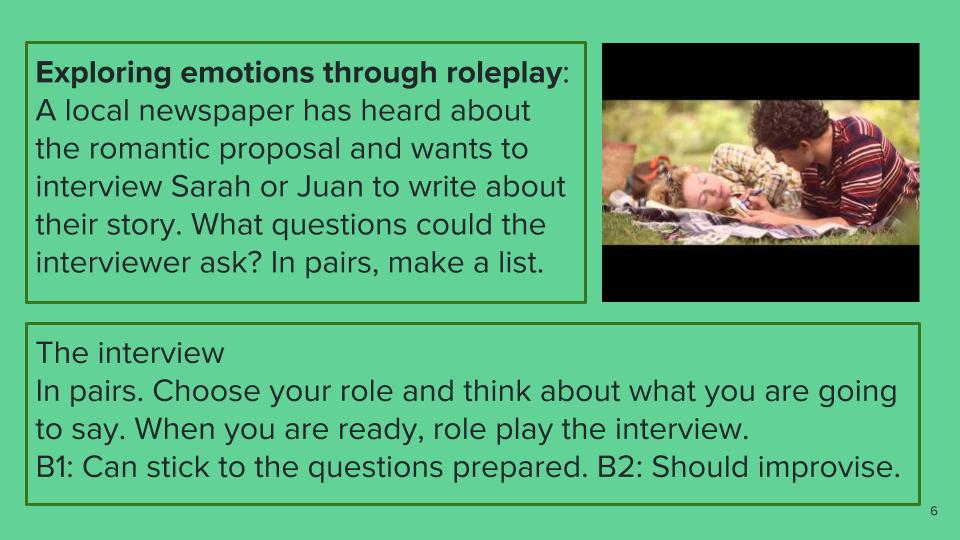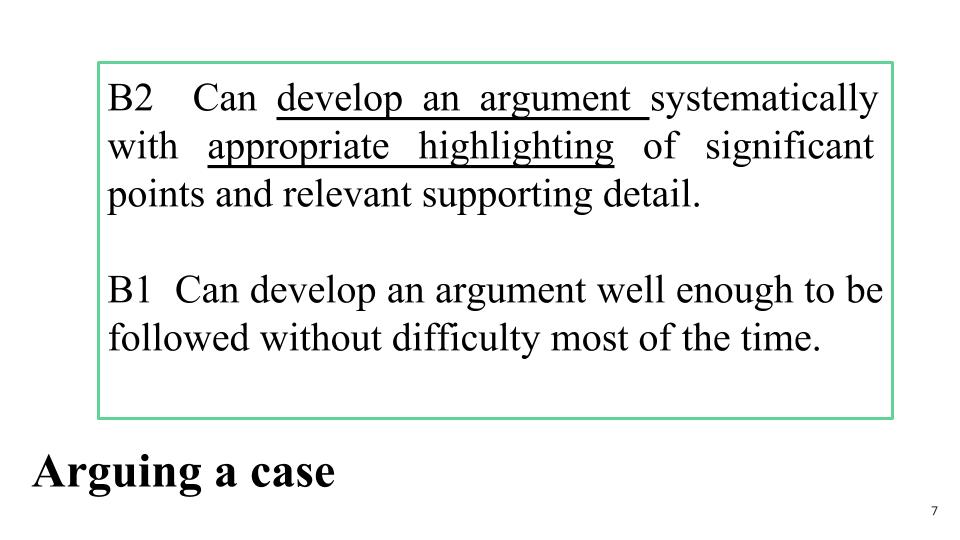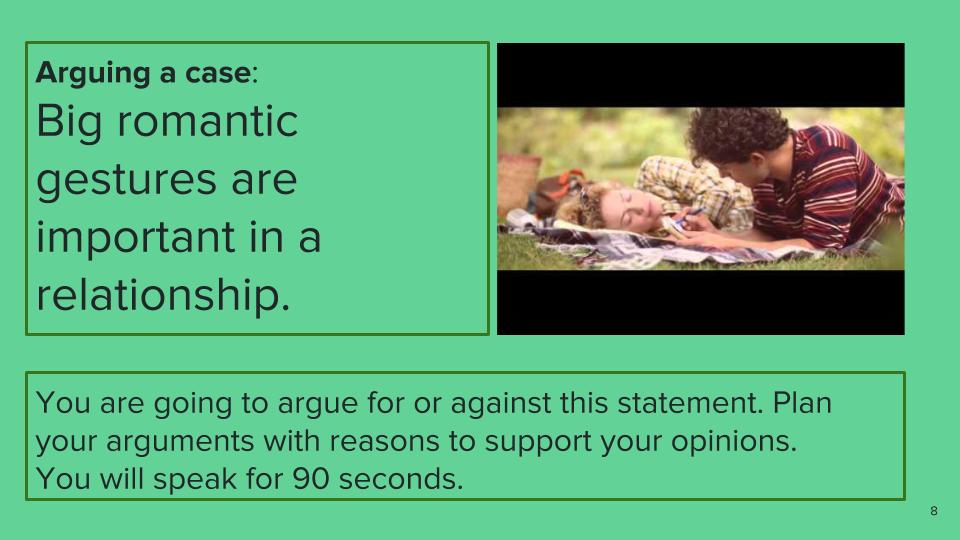Using Emotions and the Common European Framework of Reference (CEFR) to create communication tasks focusing on practical skills.
(Notes from talk at Inter-Pädagogica 2015, Linz, Austria)
When it came to creating lesson plans for my business students, I generally used to focus on grammar or vocabulary, scanning authentic texts for difficult vocab or recurring grammar. Although the content was related to the different industries my students work in, I found myself explaining idioms and expressions that, while useful for bringing colour to sometimes dry topics, were not really helpful on a day to day basis.
Like many people, I was familiar with the Common European Framework of Reference (CEFR), but really only referenced it to talk about what level students were at. I hadn’t actually thought of using it myself to create lesson plans. Then I started working on print and online materials for A2 – B2 levels and suddenly the CEFR became the starting point of everything I did. And it turned out to be exactly what I needed! In my own classes, when using different business articles, the focus now tends to be on what skill we can practice and I think lessons are more rewarding for all involved.
Lately, I’ve been having a lot of fun working with groups of teachers to come up with different ways of incorporating the CEFR into their lesson planning and material creation.
I plan to write up a proper post soon based on these experiences. In the meantime, here are some useful CEFR links.
Common European Framework of Reference for Languages: Learning, Teaching, Assessment http://www.coe.int/t/dg4/linguistic/source/framework_en.pdf
Eaquals bank of descriptors- as levels. (Great for using needs analysis with adult students.) http://www.coe.int/t/dg4/education/elp/elp-reg/Source/Key_reference/EAQUALSBank_levels_EN.pdf
Notes from workshop at Inter-Pädegogica
UsingEmotionstostimulateConversationHandout Click to download.


